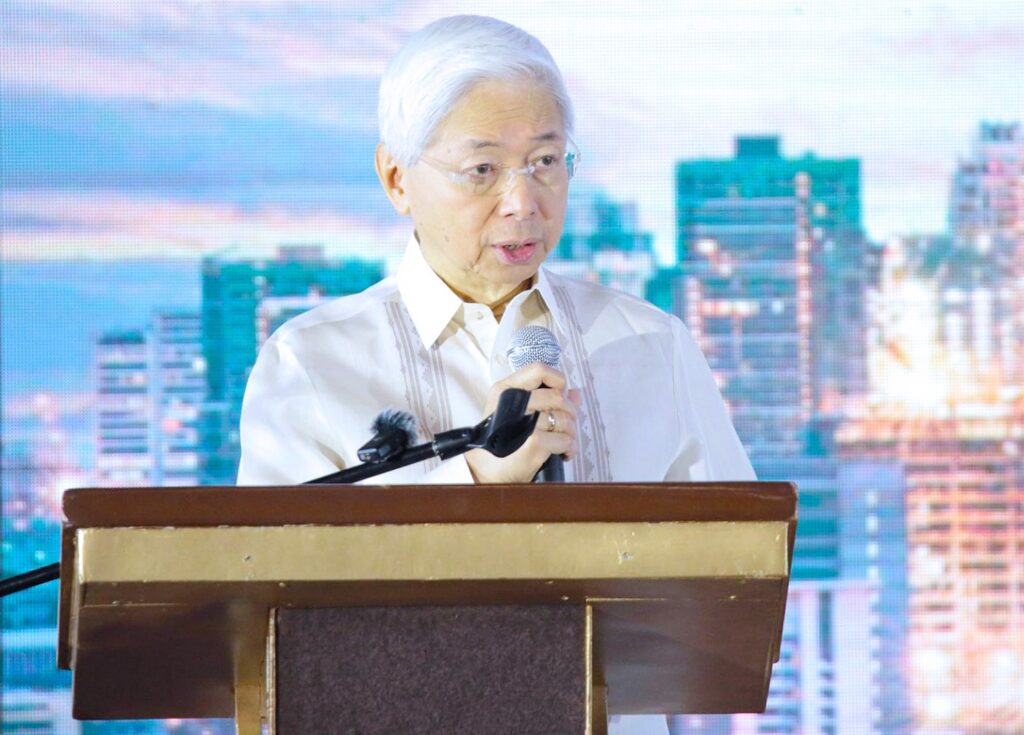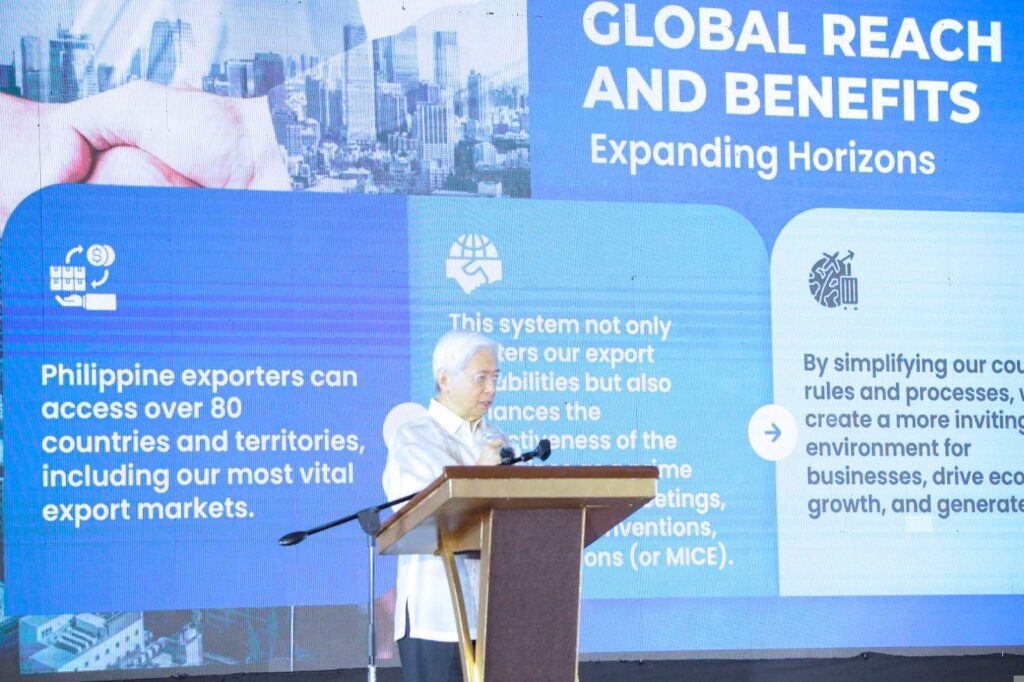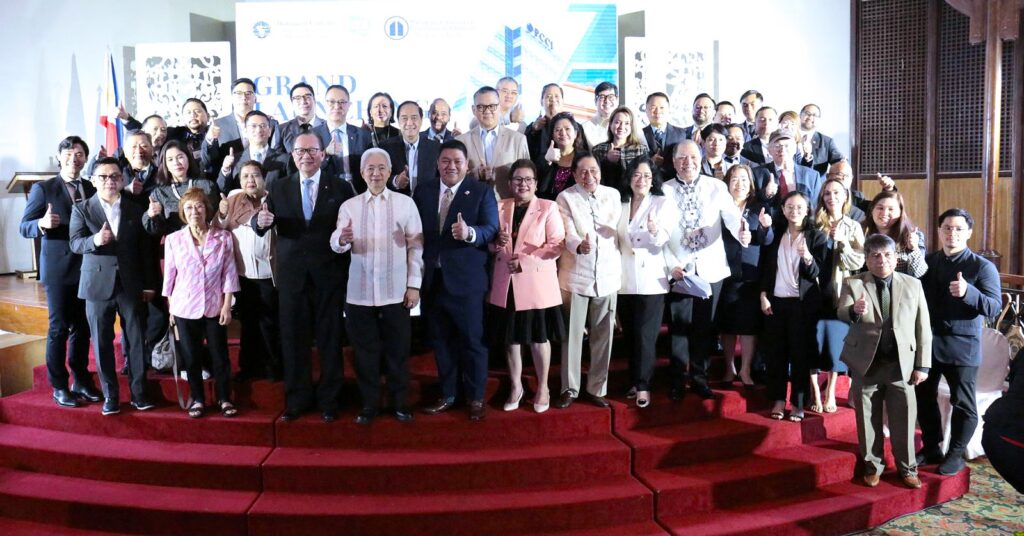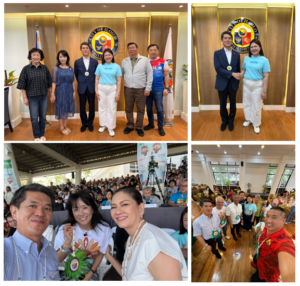
“The ATA Carnet System represents a significant leap forward for Philippine businesses as it allows them to temporarily move goods across international borders without the burden of import duties and value-added tax in the host countries.”
This was the statement of Department of Trade and Industry (DTI) Secretary Alfredo Pascual during the launch of the ATA Carnet System today, July 15.
The ATA Carnet System, also known as the Convention on Temporary Admission (Istanbul Convention), will allow Philippine exporters to temporarily send goods to over 80 countries and territories. It will also replace the multiple customs documents currently required with a single, comprehensive document.
Secretary Pascual recognized the system not as just a facilitative tool but as a gateway to greater opportunities and streamlined international trade.

“Imagine the possibilities: our exporters can now bring their goods to a place for exhibition and promotion and avoid various countries’ complex and often cumbersome customs requirements. Instead, with a single document—the so-called ‘passport for goods’— our exporters can ensure their goods move swiftly and efficiently across borders,” he added.
By significantly reducing the financial burden on businesses, this streamlined process will expedite the movement of goods across borders and make participation in international trade shows, exhibitions, and other events more accessible and cost-effective.
Beyond advantages in international trade, the ATA Carnet System is also seen to make the Philippines a more attractive destination for international events and exhibitions. This, in turn, is expected to stimulate tourism, create jobs, and contribute to the overall economic development of the country.
This launch is the culmination of a collaborative effort between the DTI, Department of Finance, Bureau of Customs, and Export Development Council (EDC). The EDC, through the Export Promotion Support Fund, will also support capacity-building and advocacy initiatives on ATA Carnet to ensure that Philippine businesses are aware of and able to make full use of its benefits.
Recognizing how the strong public-private partnership with the EDC has been instrumental in making the Philippines’ accession and implementation of the ATA Carnet possible, Secretary Pascual said, “We will continue to build on this robust collaboration, pushing for reforms and initiatives that, no matter how challenging, will transform the Philippines into a dynamic export powerhouse and attractive business destination, bringing prosperity to our businesses and industries.”

The ATA Carnet System is an internationally recognized customs document that facilitates the duty-free and tax-free temporary import of goods. It encompasses a wide range of goods, including commercial samples, professional equipment, and items intended for exhibitions and fairs. Coupled with recognition by most customs authorities worldwide, ATA Carnet is an indispensable tool for businesses engaged in international trade.


